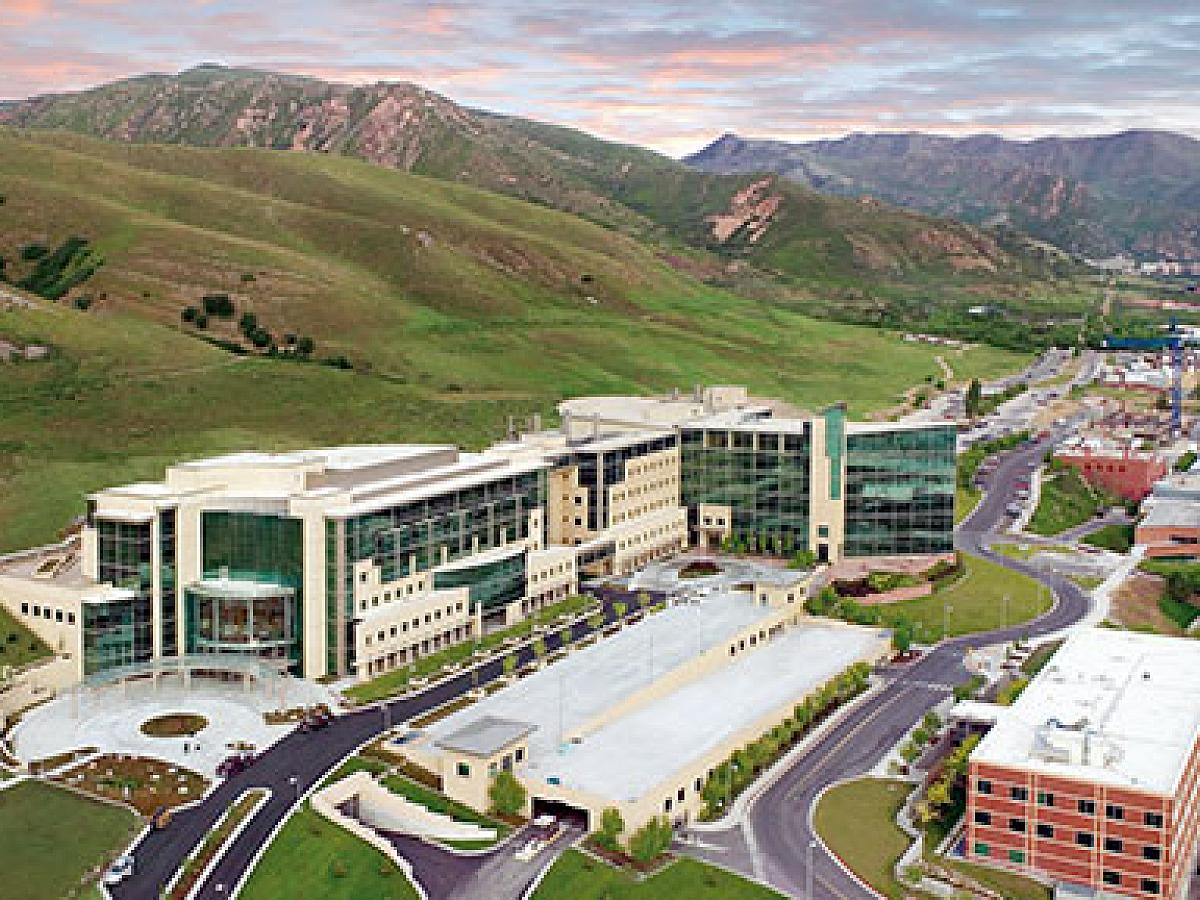
Research Opportunities & Professional Development
Research Opportunities
Research is a critical component to residency training. The ability to take an idea and design a study to investigate that idea is a skill that every resident in general surgery at the University of Utah will develop. This work will start when you are a PGY-2 resident. Some residents will then make research the cornerstone of their professional development year. By the end of training, each resident is required to have a minimum of two published manuscripts.
Our program has the infrastructure to support this work. Residents participate in research in many of the Divisions in the Department of Surgery, including General Surgery, Vascular Surgery, and Cardiothoracic Surgery. Faculty members in these Divisions are eager mentors for residents who have an interest in these areas. Faculty success in research is evidenced by Utah being one of the leaders in extramural funding in the West. This combination of funding and commitment to success has led to our residents presenting and publishing at many national and international meetings. Some have had their work published in the most prestigious journals, including the New England Journal of Medicine.
The residency supports this activity by sending all of our PGY-3 residents to the American College of Surgeons meeting in October, where they participate in the AAS Resident Research course. This not only provides a solid background for developing a keystone project for their research year, it also starts the process of developing a network of colleagues and contacts that is critical to academic success.
A unique opportunity exists where residents can complete a Masters program in Clinical Investigation. There is a link to this program under Unique Academic Opportunities.
Professional Development
The process of becoming a surgeon involves more than just knowing when and how to operate. It also involves preserving and advancing the rich heritage of the art and science of surgery. The University of Utah General Surgery Residency Program is transitioning to a 6-7 year program for all residents to prepare themselves to become contributing members of the surgical community. These years can be spent in many different areas, including basic science research, health services research, global surgery, innovations, etc., according to the professional and career development needs of the resident. This process starts in the first year of residency as the residents are invited and encourage to explore professional development opportunities and networking with faculty, researchers and leaders across the University system. In the PGY 2 year, the residents are required to submit a structured proposal for their intended professional development plan. Mentoring and guidance is provided through this process. The proposals are reviewed by a committee, returned to the resident with suggestions for improvement and then returned to committee for final approval. Funding sources for this time are determined by the focus of the resident’s project.
CONNECT WITH US
DIRECTOR: Laura Lambert, MD, FACS
PROGRAM MANAGER:
- Phone: 801-581-6803
- Email: gensurg-residency@hsc.utah.edu
